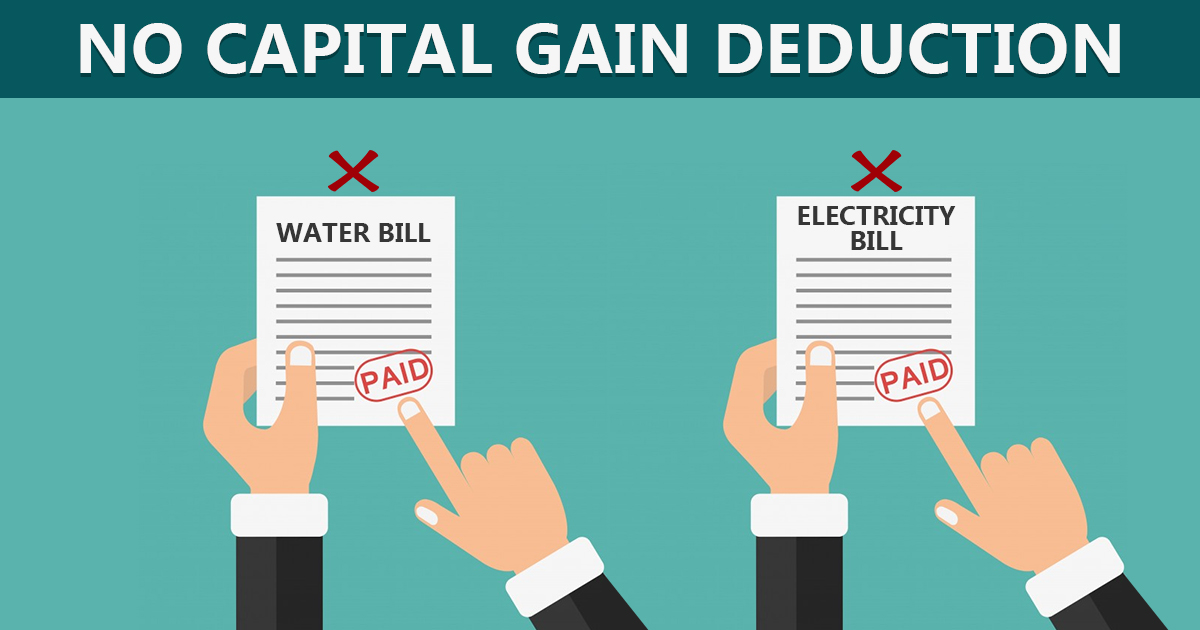
The Income Tax Appellate Tribunal (ITAT), Jaipur, has ruled that the previous water and electricity bills can not be provided as proof of construction of a house to claim deductions under capital gains under section 54F of the Income Tax Act, 1961 
An assessee’s claim under Section 54F was declined by the Assessing Officer as he found that there was no sale of a constructed house under the deal and the claim of deduction was void as the word “Constructed House” was absent from the documents of the deal. He also found that there were no proofs for a property like photographs, polaroids, or the buyer’s confirmation that he received a constructed house under the deed. There was no proof that the sale of the property 
Rejecting the appeal of the assessee, the tribunal said, “The affidavit of the tenant in terms of past tenancy and past electricity and water bills cannot come to the aid of the assessee to demonstrate the existence of the constructed house at the time of sale. We thus find that the assessee has failed to discharge the necessary onus placed on him in support of his claim and cost of construction as so claimed to remain unsubstantiated and cannot be allowed.”
The Tribunal also added, “At the same time, where the AO is ceased of the information that the assessee has made a fresh investment in certain house property and plots of land and is also accepting that such investment may be eligible for a claim under section 54F, it is incumbent on the part of the Assessing officer that in such a situation, where he had denied the assessee’s claim under section 54, he should have allowed the appropriate claim to the assessee under section 54F as per law. Since we have already quashed the notice u/s 148, no useful purpose would be served in setting aside the matter to the AO to allow the deduction under section 54F as the consequent proceedings stand quashed.”